Ryszard Bugajski
Nacimiento : 1943-04-27, Warsaw, Poland
Muerte : 2019-06-07
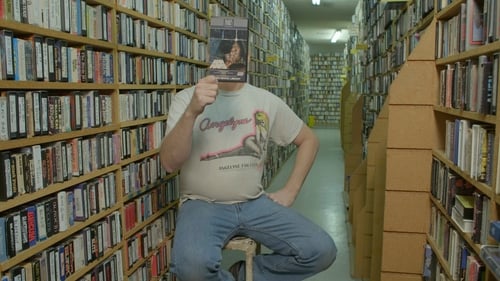
Self
¿Quién no recuerda las míticas cintas de Jane Fonda haciendo aeróbic en los 80? Las nuevas generaciones no conocerán la existencia de los videoclubs, pero la estética VHS pervive a día de hoy. Esta es la historia del VHS. La aparición de las cintas VHS, videograbadoras y videocámaras revolucionó la forma de ver y producir cine en los años 80. Fueron los cinéfilos aficionados los primeros en intercambiar y distribuir películas grabadas. Toda una generación se volcó en vivir el amor por el cine en sus casas, cómo y cuándo quisieran. Las videograbadoras dejaron de producirse en 2016, pero numerosos videoclips, videojuegos y películas siguen emulando a día de hoy la pasión por la estética VHS. Este homenaje cuenta la historia de la mítica cinta que marcó tantas infancias, con toda clase de contenidos y rarezas.
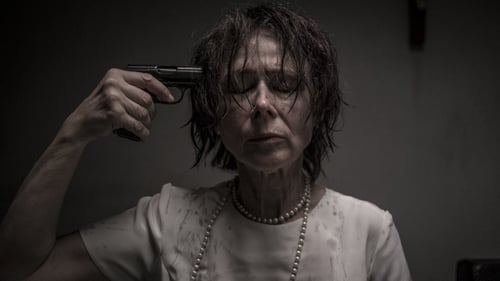
Screenplay
A little known episode from the life of Stalinist security police office Julia Brystiger. Her nickname Bloody Luna was a reference to her incredibly brutal methods of interrogation. In the early 1960s, she appears in a centre for the blind on the outskirts of Warsaw, a place often visited by Cardinal Wyszyński, whose imprisonment in 1953-1956 Brystiger supervised personally. During a difficult and heated discussion with the cardinal, Brystiger denounces the communist ideology and begs for forgiveness for her crimes and for guidance in her search for God.

Producer
A little known episode from the life of Stalinist security police office Julia Brystiger. Her nickname Bloody Luna was a reference to her incredibly brutal methods of interrogation. In the early 1960s, she appears in a centre for the blind on the outskirts of Warsaw, a place often visited by Cardinal Wyszyński, whose imprisonment in 1953-1956 Brystiger supervised personally. During a difficult and heated discussion with the cardinal, Brystiger denounces the communist ideology and begs for forgiveness for her crimes and for guidance in her search for God.

Director
A little known episode from the life of Stalinist security police office Julia Brystiger. Her nickname Bloody Luna was a reference to her incredibly brutal methods of interrogation. In the early 1960s, she appears in a centre for the blind on the outskirts of Warsaw, a place often visited by Cardinal Wyszyński, whose imprisonment in 1953-1956 Brystiger supervised personally. During a difficult and heated discussion with the cardinal, Brystiger denounces the communist ideology and begs for forgiveness for her crimes and for guidance in her search for God.

Director
Recuerda que puedes ver esta película en http://www.wopelis.com

Writer
Generał Nil is a Polish historical film, based on the life of general Emil August Fieldorf, pseudonym "Nil". The film was directed by Ryszard Bugajski and was released in 2009.

Director
Generał Nil is a Polish historical film, based on the life of general Emil August Fieldorf, pseudonym "Nil". The film was directed by Ryszard Bugajski and was released in 2009.
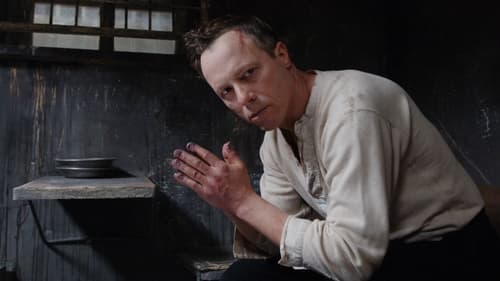
Writer
Captain Witold Pilecki was a Polish intelligence officer during WWII who volunteered for a Polish resistance operation to get imprisoned in the German Nazi Concentration and Extermination Camp Auschwitz-Birkenau in order to gather intelligence and enable the Polish government-in-exile to inform the allies about the ongoing Holocaust in occupied Poland. The film also tells the story of Witold Pilecki’s fate at the hands of the Communist government after the end of WWII. The film is a reconstruction of the trial which took place in Warsaw during the communist regime in Poland. Captain Pilecki described his investigation as more cruel than his stay at Auschwitz.

Director
Captain Witold Pilecki was a Polish intelligence officer during WWII who volunteered for a Polish resistance operation to get imprisoned in the German Nazi Concentration and Extermination Camp Auschwitz-Birkenau in order to gather intelligence and enable the Polish government-in-exile to inform the allies about the ongoing Holocaust in occupied Poland. The film also tells the story of Witold Pilecki’s fate at the hands of the Communist government after the end of WWII. The film is a reconstruction of the trial which took place in Warsaw during the communist regime in Poland. Captain Pilecki described his investigation as more cruel than his stay at Auschwitz.

Writer

Director

Screenplay
Television film from the "Polish Holidays" series was made according to his own script by Ryszard Bugajski, creator of the famous "Interrogation". A tragicomic tale of life, transience and destiny that one cannot escape. The story of three generations - grandfather, father and son are together again, but all three realize that it is not for long. A serious illness does not give up. However, this meeting arranged by the junior on the occasion of Father's Day will teach them a lot, will allow them to learn other values, overcome their barriers, understand the meaning of life, throw out deeply hidden regrets and grievances, strengthen family ties, resolve disputes, clear up past misunderstandings and disputes.

Director
Television film from the "Polish Holidays" series was made according to his own script by Ryszard Bugajski, creator of the famous "Interrogation". A tragicomic tale of life, transience and destiny that one cannot escape. The story of three generations - grandfather, father and son are together again, but all three realize that it is not for long. A serious illness does not give up. However, this meeting arranged by the junior on the occasion of Father's Day will teach them a lot, will allow them to learn other values, overcome their barriers, understand the meaning of life, throw out deeply hidden regrets and grievances, strengthen family ties, resolve disputes, clear up past misunderstandings and disputes.
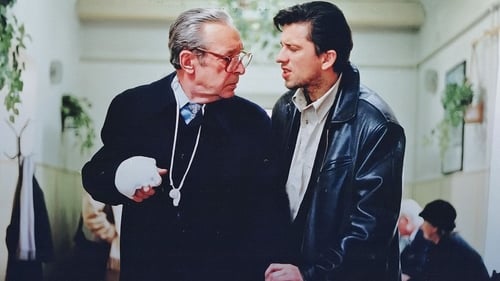
Director
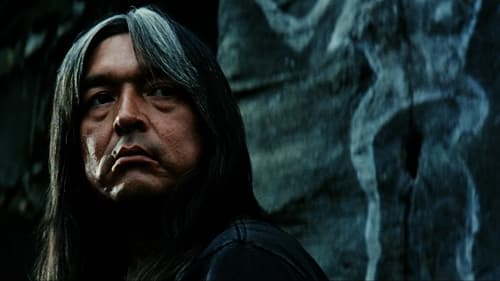
Director
A white lawyer finds his values shaken when he is paired with an angry Indigenous activist who insists on kidnapping the head of a logging company to teach him the price of his destruction.
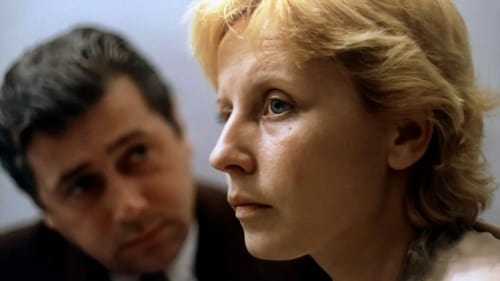
Writer
Durísimo retrato de la opresión política. Krystyna Janda encarna a una actriz de cabaret que mantiene relaciones con altos oficiales militares. Esos encuentros la hacen sospechosa y la policía secreta la encarcela. Mediante una interrogación brutal, se convencen de que el breve encuentro entre la actriz y un comandante del ejército ha fomentado un complot contra el gobierno. A lo largo de la película se muestran a los extremos que llegan los interrogadores para extraer lo que creen que es la verdad... Prohibida inmediatamente tras su estreno en Polonia, la película fue lanzada internacionalmente en 1990 en el Festival de Cannes, donde Janda logró el premio a la mejor actriz. (FILMAFFINITY)

Director
Durísimo retrato de la opresión política. Krystyna Janda encarna a una actriz de cabaret que mantiene relaciones con altos oficiales militares. Esos encuentros la hacen sospechosa y la policía secreta la encarcela. Mediante una interrogación brutal, se convencen de que el breve encuentro entre la actriz y un comandante del ejército ha fomentado un complot contra el gobierno. A lo largo de la película se muestran a los extremos que llegan los interrogadores para extraer lo que creen que es la verdad... Prohibida inmediatamente tras su estreno en Polonia, la película fue lanzada internacionalmente en 1990 en el Festival de Cannes, donde Janda logró el premio a la mejor actriz. (FILMAFFINITY)

Director
A story of a female production manager in a garment factory discovering that an award is being given to the wrong person on purpose. She stands up the injustice. Her best friend backs her up instead of the cultprit, the man she is living with. Later, the former production manager becomes a mayor in a resort town, where she in turn practices malfasance and is caught in the act by her friend.













